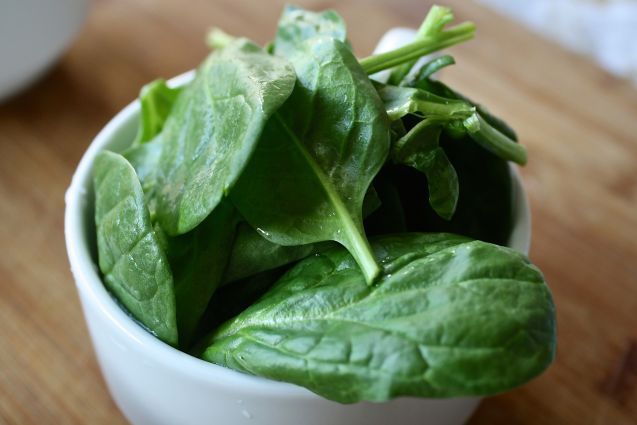It’s commonly accepted that chronic illness, age, diabetes and high blood pressure are among the factors that can lead to a severe case of COVID-19.
Well, perhaps now you can add Vitamin K deficiency to that mix.
A new Danish study showed that patients who are hospitalised and ultimately die from COVID-19 have significantly lower levels of Vitamin K compared to healthy individuals.
The study looked at 138 COVID-19 patients from Hvidovre Hospital and compared their Vitamin K levels to a control group of 140 healthy Danes.
The research showed that, on average, the Vitamin K levels of the COVID-19 patients were half of the control group. And even lower in the 43 patients who died.
READ ALSO: Men 25 percent more likely to catch COVID-19
Cause or effect?
Vitamin K, which occurs naturally in foods like spinach, kale and broccoli, activates enzymes in the body that helps protect lung tissue.
“When these are not activated, the lungs become poorer and can explain why COVID-19 patients with low vitamin levels are hit hard by the illness,” Allan Linneberg, one of the researchers behind the study, told TV2 News.
“However, we have not been able to ascertain whether the Vitamin K deficiency has been caused by COVID-19 or if the patients had low vitamin levels to begin with.”
Linneberg underscored that the study did not prove that Vitamin K can prevent COVID-19 and that people should not begin popping Vitamin K pills as a result.
The study, which shows results strikingly similar to a recent Dutch report, has yet to be peer approved by other researchers.















